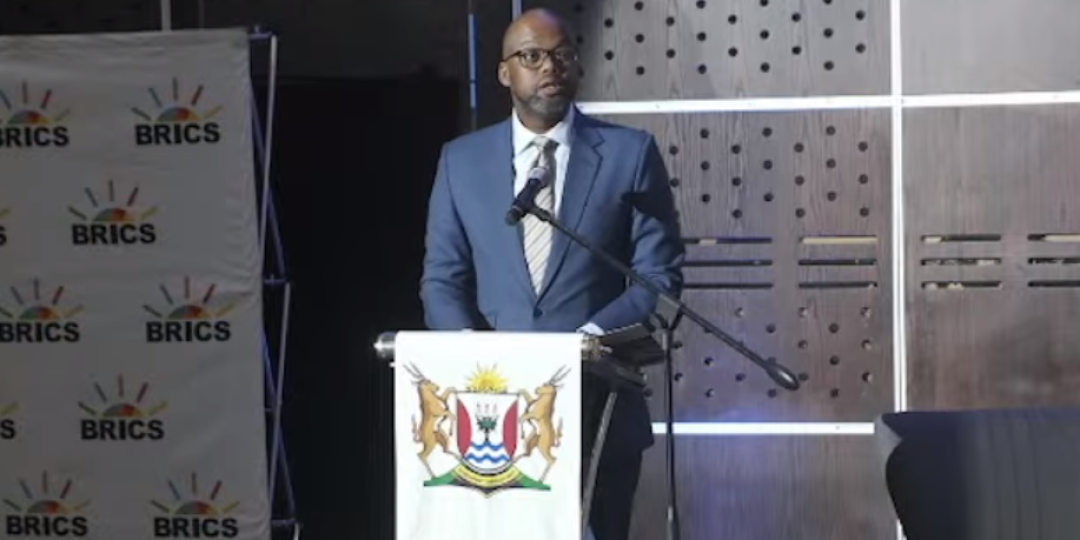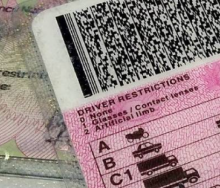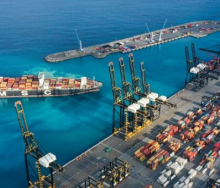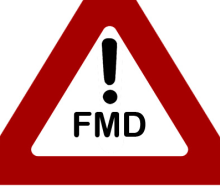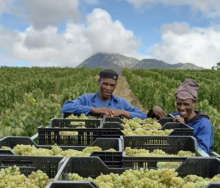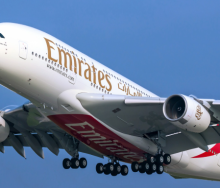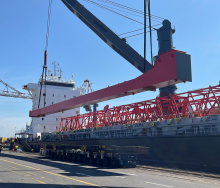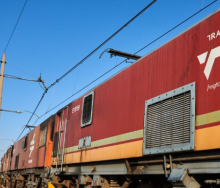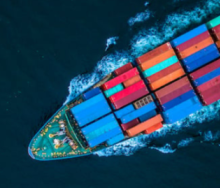Inflationary pressures of 32% underpin the importance of Africa developing its collective capacity to produce staples and fight food insecurity through trading with itself, said Wamkele Mene, secretary general of the African Continental Free Trade Area (AfCFTA).
A headline speaker on the opening day of the 5th Eastern Cape Export Symposium, currently hosted in East London, Mene said: “Africa imports 54 billion US dollars’ worth of rice, beans, maise and wheat, when the capacity (to produce these staples) is here.”
Taking care of its own immediate need has become even more prescient considering the war in Ukraine's impact on global food distribution, Mene added.
He stressed that the continent’s inability to cater for its manufacturing needs was particularly evident during the coronavirus pandemic when seven million face masks were donated by one source to the African Union because of the widescale lack of personal protective equipment.
Covid-19 taught the world that “we underestimated the risk mitigation required in establishing global supply chains”.
This was particularly the case with an over-concentration in certain areas of supply, and being found wanting in others when an immediate need arose, Mene said.
“We need to learn from this experience and find out what it is that we can do to enhance our self-sufficiency without disconnecting from global supply chains.”
Heavily leaning on the lockdowns experienced when the pandemic broke out, Mene said: “Covid-19 had demonstrated in very clear terms that the African continent stands alone.
“We know from the experience of our continent that when the pandemic presented itself in early 2020, not only were global supply chains disrupted, but we saw many countries around the world posting exporting restrictions on the very tools that we require (to trade).”
Mene also drew on remarks made by another speaker, Eastern Cape Premier Oscar Mabuyane, that the latest figures by Stats SA showed unemployed in South Africa’s poorest province had decreased by about 10%, down from 47% when last it was measured.
“The challenge is how we double the number of jobs that are created on the back of exports markets.”
Mene reiterated that the AfCFTA has the potential to become the globe’s largest economic bloc, generating GDP of $3.4 trillion through coalescing 1.3 billion people, and alleviating the poverty of some 68 million people living in dire poverty – a conservative estimate.
